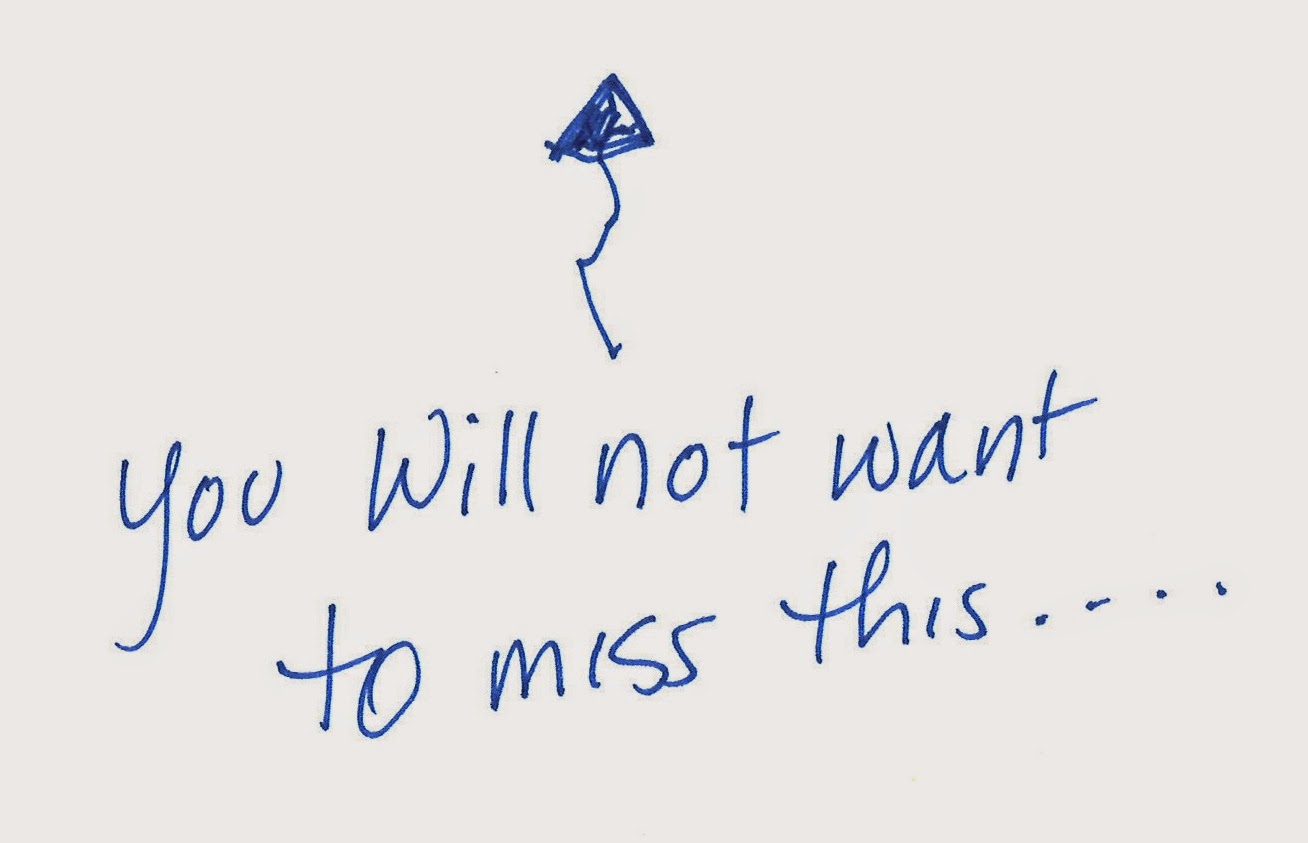.jpg) |
| Listen to this Blog Post |
Celebrating employee anniversaries may seem
trivial. It may not significantly add to your bottom line or even be a key
initiative in your strategic plan. But by treating each employee’s anniversary
with your company as an achievement and a special occasion, you create a
positive work environment and encourage employee commitment (and thus increase
your employee retention rate).
The fact of the matter is, employees
remember their hire date. It’s the career equivalent of a birthday (and who
doesn’t love birthdays?) You know who else remember employees’ hire dates?
Great managers, that’s who.
Celebrating an employee anniversary can
also has a domino effect around the office. It will get fellow employees
excited because they know you will offer them the same celebration upon their
anniversaries. In the end, taking a day to show your gratitude for commitment
of service boosts employee morale and has lasting positive consequences for
your organization.
Now, your event doesn’t have to be ornate
or extravagant. Here are some simple steps you can follow to create an
Integrity HR approved employee anniversary celebration.
We
recommend establishing a policy to
designate when you will celebrate anniversaries, whether annually or on more
momentous anniversaries such as five or 10 years. Take into consideration the
size of your company and the amount of your party budget when deciding how you
will celebrate.
It is important to maintain consistency so
you do not hurt anyone’s feelings by celebrating someone earlier or more
frequently than another. (Remember: it’s the small things like hurt feelings
that make people leave an organization.)
 ·
Get Out the
Calendar:
The first step toward recognizing employee work anniversaries is to make sure
you’ve recorded start dates in the calendar! Depending on the size of your
company, you may need to designate someone for this task (for smaller
companies) or use your HR software to be notified about the day (for larger
companies). Getting the dates recorded is an optimal way to ensure no
anniversary is overlooked.
·
Get Out the
Calendar:
The first step toward recognizing employee work anniversaries is to make sure
you’ve recorded start dates in the calendar! Depending on the size of your
company, you may need to designate someone for this task (for smaller
companies) or use your HR software to be notified about the day (for larger
companies). Getting the dates recorded is an optimal way to ensure no
anniversary is overlooked.
·
Be Sincere and Make
it Personal:
We recommend acknowledging each employee’s anniversary every year, even if it
is just with a small gesture (save the big celebrations for special
anniversaries). Make it personal with a card, letter, phone call, personal
visit or some other gesture. Don’t worry about making it formal. It just needs
to be a genuine expression of appreciation. A few sincere words from management
will be noticed and appreciated by an employee and greatly improve their
morale. Often times, just a few sincere words of appreciation are worth more to
the employee than an expensive gift!
·
Think Twice About
Giving Monetary Gifts: In employer-employee relationships, money is associated
with compensation. The last thing you want to do is confuse employee
recognition with compensation.
When you are
celebrating an anniversary, you are expressing appreciation for the employee’s
service. Compensation is something that is earned. If a gift is perceived as
earned, then it really isn’t a gift. Is it?
In the end, it’s important to make it part
of your company’s culture to notice and recognize employees. It’s a great
gesture to celebrate employee anniversaries, but it’s even better to also
frequently celebrate employee successes, accomplishments and contributions as a
part of your company culture.





